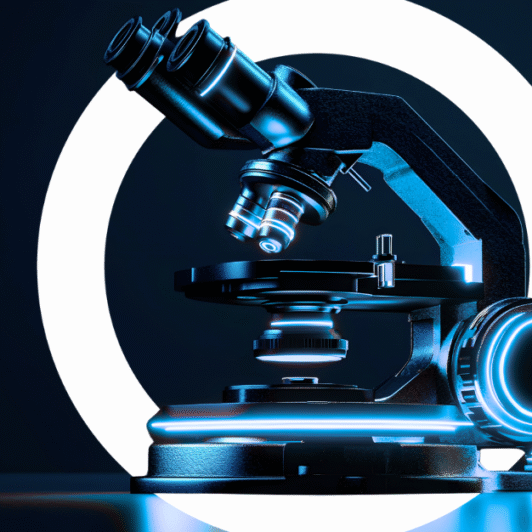Overview
The agriculture sector is constantly evolving. New developments in crop science and sustainable practices offer chances to gain valuable R&D Tax Credits. These credits or incentives can help boost innovation and growth in your business.
Our tax experts find and unlock funding opportunities. These can help improve your cash flow, lower energy costs, and give you a competitive edge.
Agriculture
Addressing the key challenges
Modern agriculture is not just about planting, growing, and harvesting anymore. It is now more high-tech, uses a lot of energy and focuses on innovation.
Farms and agribusinesses today face both opportunities and challenges. By reinvesting in research and development, they may qualify for R&D Tax Credits. They use precision farming, cold storage, irrigation systems, and controlled environment agriculture. Businesses within the industry encounter difficulties like:

Agriculture uses large amounts of energy and water. Volatile energy prices and concerns about water scarcity exacerbate the risk.

Farmers must adapt to changing weather patterns to reduce emissions and water use. There is growing interest in sustainable or regenerative agriculture to reduce environmental impact.

To improve yield, many farms are trying new hybrids, formulas, alternative cropping methods, etc. These involve experimentation, technical uncertainty, prototyping or trialing. These initiatives could results in tax credits for R&D.

Many agriculture facilities are often older or not optimized. Inefficiencies lead to high operating costs and often energy waste. Upgrades can require large capital outlays and could qualify for Cost Segregation benefits or 179D Tax Credits.

<p>Agriculture uses large amounts of energy and water. Volatile energy prices and concerns about water scarcity exacerbate the risk.</p>

<p>Farmers must adapt to changing weather patterns to reduce emissions and water use. There is growing interest in sustainable or regenerative agriculture to reduce environmental impact.</p>

<p>To improve yield, many farms are trying new hybrids, formulas, alternative cropping methods, etc. These involve experimentation, technical uncertainty, prototyping or trialing. These initiatives could results in tax credits for R&D.</p>

<p>Many agriculture facilities are often older or not optimized. Inefficiencies lead to high operating costs and often energy waste. Upgrades can require large capital outlays and could qualify for Cost Segregation benefits or 179D Tax Credits.</p>
Expertise
How we can help to maximize your results
R&D Tax Credit
Transformation and technological development are daily challenges for companies in the agriculture sector. However, solving many of these technical challenges often qualifies for R&D. You are likely to be eligible for generous tax relief. Our tax experts find all qualifying activities. This way, you can get the most tax credits for R&D.
179D Tax Deduction
Agriculture and agribusiness can benefit from the 179D tax deduction. This is especially true if they own or manage building system improvements. Our tax experts and in-house energy modelers work to qualify all potential buildings and improvements.
Cost Segregation
Agriculture operations often invest in qualifying facility components and specialized equipment that can benefit from Cost Segregation. Our experts conduct studies to help change these items to shorter depreciation lives. This is better than the standard long building life. It improves current year deductions and cash flow.












